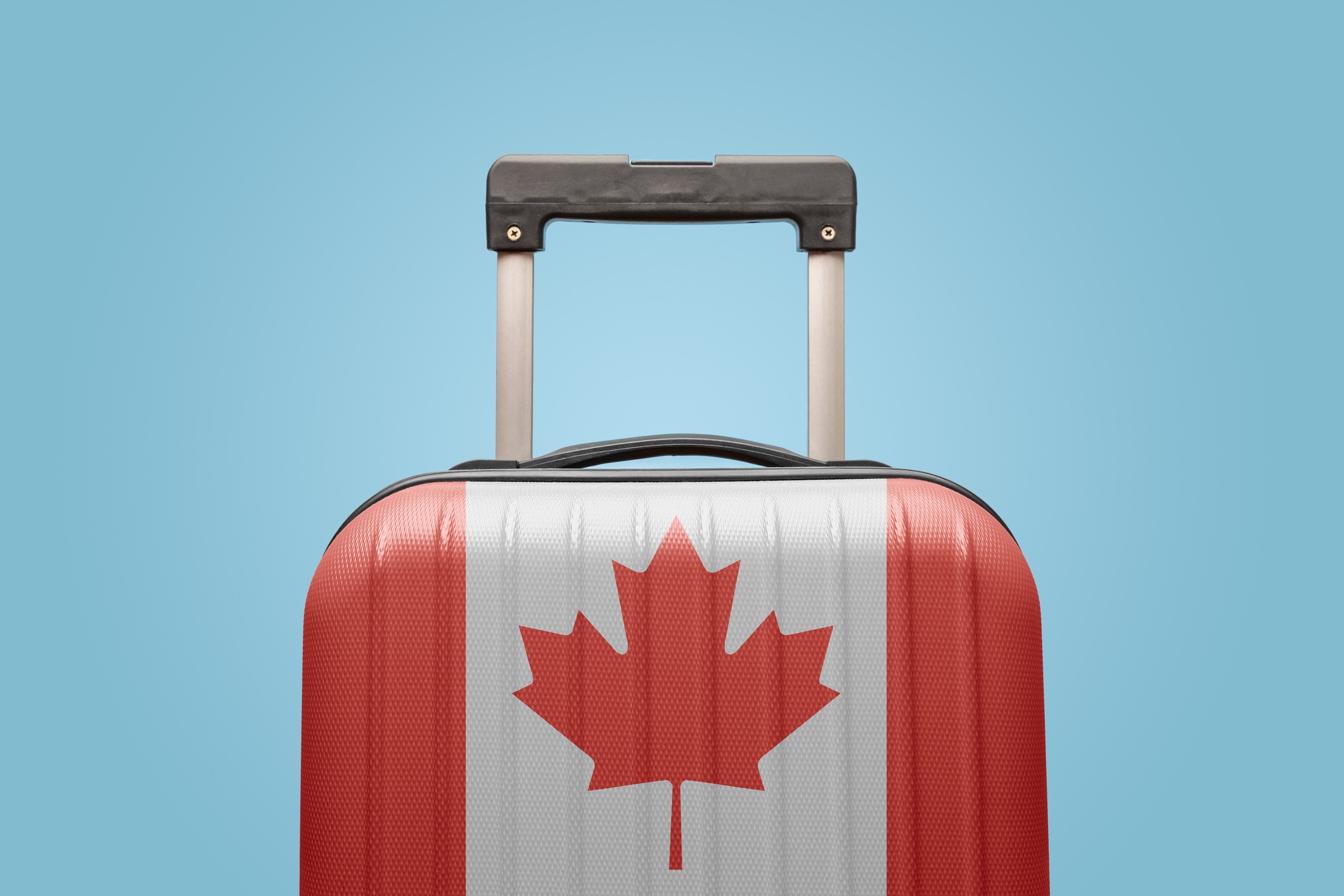Today, the Government of Canada announced a series of adjustments to the current border measures, representing the beginning of a phased easing of travel restrictions. The travel health notice will be downgraded from a Level 3 to a Level 2, meaning the Government will no longer recommend that Canadians avoid travel for non-essential purposes.
Here's what travel-thirsty Canadians need to know:
As of February 28, 2022 at 12:01 a.m. EST:
On-arrival testing for fully vaccinated travellers will be eased
Travellers arriving to Canada from any country, who qualify as fully vaccinated, will be randomly selected for arrival testing. Travellers selected will also no longer be required to quarantine while awaiting their test result.
Unvaccinated travellers will continue to be required to test on arrival, on Day 8 and quarantine for 14 days.
Unvaccinated foreign nationals will not be permitted to enter Canada unless they meet one of the few exemptions.
Children will no longer need to stay home for 14 days, post-travel
Children under 12 years old, travelling with fully vaccinated adults, will continue to be exempt from quarantine, without any prescribed conditions limiting their activities. This means, for example, they no longer need to wait 14 days before attending school, camp or daycare.
Rapid antigen tests will be accepted
Travellers will now have the option of using a COVID-19 rapid antigen test result (taken the day prior to their scheduled flight or arrival at the land border or marine port of entry) or a molecular test result (taken no more than 72 hours before their scheduled flight or arrival at the land border or marine port of entry) to meet pre-entry requirements. Taking a rapid antigen test at home is not sufficient to meet the pre-entry requirement – it must be authorized by the country in which it was purchased and must be administered by a laboratory, healthcare entity or telehealth service.
Despite the easing rules, the government is underscoring the updates with a reminder: “Travellers should understand the risks that are still associated with international travel given the high incidence of Omicron, and take necessary precautions.”


